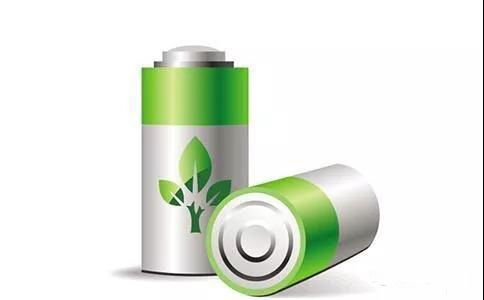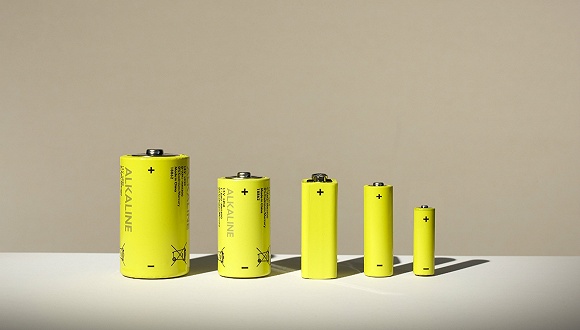How long will lithium batteries hold a charge?
Nov 08, 2019 Pageview:3638
These days, lithium-ion batteries are extremely popular. They can be found in laptops, PDAs, mobile phones and iPods. They are so common because they are among the most energetic rechargeable batteries available. Also the most wireless devices are powered by lithium-ion batteries. The batteries lose the ability to retain a charge over time. Before they die, most of these batteries have a life span of around 7,000 charging cycles and then the battery has to be replaced by another lithium ion battery. However, researchers are working to make lithium ion battery long lasting which will be happen in couple of years.
Can a lithium battery hold a charge forever?
A lithium battery couldn’t hold the charge forever. The reason for this is "Internal Resistance," three different types of materials are the chemistry of lithium ion batteries that is the cathode , anode and the electrolyte. In order for the cell to do its job, they need to differ, but never mix. A capacitor charges the battery: well and fine, fully charged. The battery keeps its charge in the electrolyte rather than in the anode or cathode.
The battery is no different, and while the ENERGY is stored in the electrolyte, the electrolyte needs to react with the Positive anode and the Negative cathode to discharge the energy, thereby slowly discharging the electrolyte's energy through the anode and cathode through the two different reactions to the unruly electrons. Standing idle for extended periods, because of the resistance of reaching the anode and cathode and being blocked, the unruly electrons wear themselves out - no work is done and the battery is out of operation, but it becomes less and less heavy. Until it is clinically dead and it no longer has an active charge and ultimately it start losing its capacity of holding charge.
Although, in comparison with lead acid, lithium ion batteries lasts a little longer, but ultimately all of them fail completely and has to be replaced after using it for a given period of time. That means your batteries will die and no amount of meticulous care will save you a few years from having to deal with a battery that is less efficient but still avoiding things that can harm your battery is important and you should also have to follow the instructions and guidelines written on the pack of battery when it is purchased in order to make it use for longer span of time without any problem.
How does a lithium battery hold charge?
A lithium battery can hold charge either by using different chemicals or by positive electrode, negative electrode with an electrolyte as discussed below.
Using different chemicals
In rechargeable batteries, different chemicals are used and divided by completely different reactions. The big difference is that the chemical reactions in a rechargeable battery are reversible: when the battery discharges the reactions go one way and the battery delivers power; when the battery charges, the reactions go the other way and the battery absorbs power. These chemical reactions can occur hundreds of times in both directions, so typically a rechargeable battery will give you anything from two to three years of useful life depending on how often you use it and how well you look after it.
By electrodes and electrolytes
Like any other battery, one or more power-generating compartments called cells are made up of a rechargeable lithium-ion battery. In essence, each cell has three components: a positive electrode (connected to the positive or+ terminal of the battery), a negative electrode (connected to the negative or ? terminal) and a chemical called an electrolyte in between. Usually, the positive electrode is made of a chemical compound called lithium-cobalt oxide (LiCoO2) and lithium-iron phosphate (LiFePO4) in newer batteries. Typically, the negative electrode is made of carbon (graphite), and the electrolyte differs from one type of battery to another — but it is not too important to understand the basic idea of how the battery operates.
In broadly the same way, all lithium-ion batteries work. When the battery charges up, the positive lithium-cobalt oxide gives up some of its lithium ions that move through the electrolyte to the negative graphite electrode and stay there. During this cycle, the battery receives and holds charge and in this way the lithium ion batteries hold charge.
When do you need a lithium battery maintenance?
Lithium ion batteries need maintenance once in a month to make it little longer in use. However, by observing and remembering the runtime supported for running your product by a new fully charged battery we can take it for maintenance. For compare run times of older batteries, use this new battery run time as a reference. Your battery running time will vary depending on the configuration of the product and the applications you run. Also, you should have to check the following things in order to make your batteries life a little longer.
· Routinely check the charging status of the battery.
· Track batteries closer to the end of their projected life carefully.
· Consider replacing the battery with a new one if you notice one of the following conditions:
· The runtime of the battery drops below about 80% of the original runtime.
· Time for charging the battery significantly increases.
Make sure to follow the processing guidelines if a battery is deposited or otherwise unused for an extended period of time. If you don't follow the instructions and when you test it, the battery has no charge left, find it to be fried. Do not seek to refill or use it but instead of it replaces the battery with a new one.
Invariably, we're all destined for the annoying endgame that comes when a battery degrades, and you're either tied to a charger, purchasing a replacement battery, or purchasing a whole new gadget. We've all been there before, and we're going to be there again. You can maximize your distance from here to there as long as you follow the most basic guidelines.
- Prev Article: How To Revive A Lithium Battery
- Next Article: How much lithium is in a lithium ion battery?
Leave Message
Hottest Categories
-
Hottest Industry News
-
Latest Industry News











